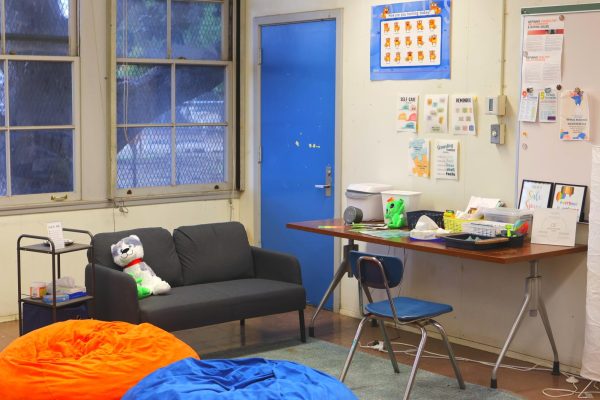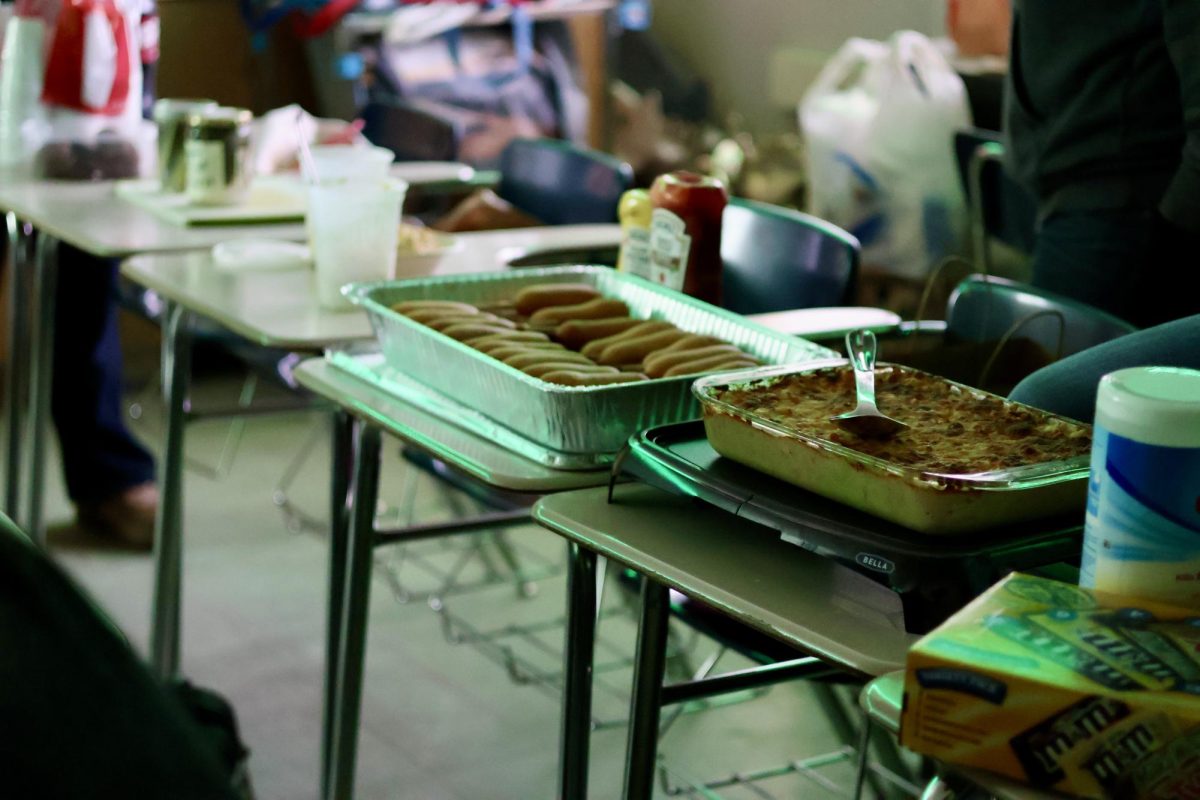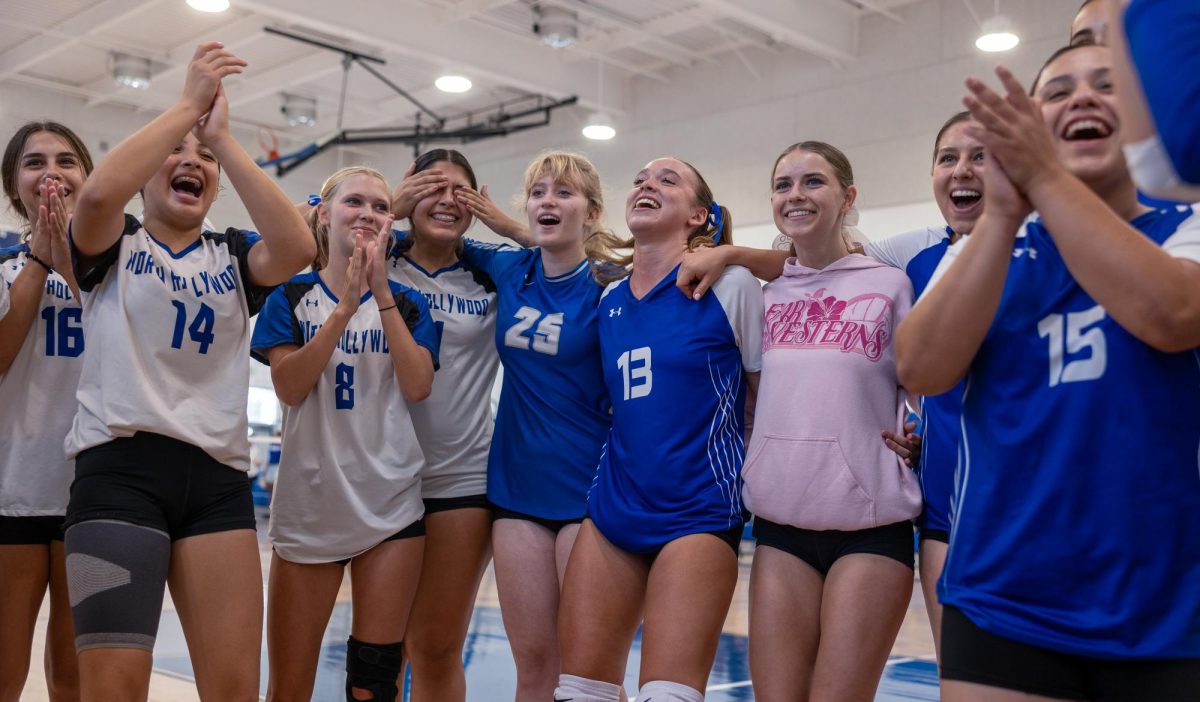Junior year is characterized by endless homework, SAT study guides, AP tests, and the daunting task of choosing what colleges to apply to. Students all across the world experience the same pressures and challenges, resulting in a disregard for mental health.
Students at the age of 16 and 17 are told to make decisions that will determine the trajectory of their life. Due to this seemingly impossible task, many students begin to struggle with their mental health.
Although junior year of high school is a pivotal time in a student’s life, it is just as important to prioritize mental well-being which is essential for academic success and personal growth.
According to Jed Foundation.org, students say the most significant problems related to mental health are stress related to the college admissions process, anxiety, unhealthy social media use, and difficulty with managing emotions.
At North Hollywood High School, many juniors have cultivated tactics to combat the slumps and setbacks that are a part of this intense year, ranging from things to do at school to more personal strategies.

Eric Shanakian says, “I deleted all my social media accounts over summer break…it feels like a nice change…” Although this is a more forward approach to the problem — not one that all are willing to make — it sparks an idea of what social media does to mental health.
According to the National Library of Medicine, when students go back and forth between social media and school work, their ability to retain information greatly decreases. A solution to this problem would be to put your phone in a separate room when studying.
In addition, this would improve mental health, as comparisons and toxic interactions would diminish. Along with social media consumption, what you consume in real life is vital to a balanced lifestyle.
Living a balanced lifestyle is key to success in feeling content and making good academic and personal decisions. Getting sufficient sleep is vital for teenagers, in addition to eating nutritious meals.
According to Banner Health, “Eating foods low in nutrients can lead to energy crashes, poor concentration and mood swings that can make learning and studying difficult.”
Talking to Ashton Han-Dressor she says, “I always need to have a yummy breakfast before school…”
Han-Dressor continues, “…I just feel like I have low energy when I skip breakfast or don’t have something satiating.”
One way to implement a nutritious breakfast into one’s routine is to wake up ten minutes earlier than usual in order to have time to eat.
Along with eating nutritious meals among the crazy days of testing, implementing a routine in everyday life can be a powerful stress reliever.
Janaki Gera says, “My morning routine is my favorite part of my day…it’s when I prepare for the day ahead of me.”
Junior year of high school is very unpredictable, but a routine can provide a sense of stability and predictability in one’s daily life, in turn reducing stress and anxiety. Also, a routine decreases decision fatigue. Having a set routine minimizes certain aspects of your life, conserving your energy for school or other activities.
Overall, junior year can be a very stressful and draining time for certain individuals, but this can be improved through implementing different tactics. The advice the North Hollywood Huskies gave are just a few of the things that can be done to prioritize mental health during school.














